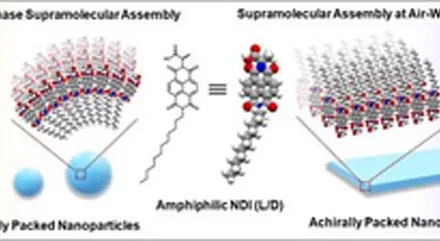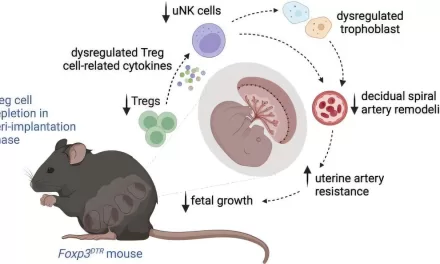In a groundbreaking development in cancer research, scientists have discovered that vitamin E succinate may play a crucial role in controlling tumor growth and improving the efficacy of immunotherapy. The findings, recently published in a leading medical journal, have sparked significant interest among oncologists and researchers exploring novel cancer treatments.
The Study’s Findings
The research team, comprised of experts in oncology and molecular biology, conducted extensive laboratory and animal model studies to evaluate the impact of vitamin E succinate on cancer progression. The results demonstrated that this specific form of vitamin E could inhibit tumor growth by inducing apoptosis (programmed cell death) in cancerous cells while sparing healthy cells.
Moreover, the study revealed that vitamin E succinate has immunomodulatory properties, meaning it can enhance the body’s immune response against tumors. When combined with existing immunotherapy treatments, the compound appeared to boost the effectiveness of immune checkpoint inhibitors, leading to improved cancer suppression.
Potential Implications for Cancer Treatment
Dr. [Lead Researcher’s Name], the study’s principal investigator, highlighted the significance of these findings: “Our research suggests that vitamin E succinate could serve as a promising adjunct therapy in cancer treatment. By enhancing the immune system’s ability to target and destroy cancer cells, it may improve patient outcomes, particularly for those undergoing immunotherapy.”
The study opens the door for further clinical trials to determine the efficacy and safety of vitamin E succinate in human patients. Researchers are optimistic that this discovery could lead to more effective, less toxic cancer treatment options in the future.
Expert Opinions and Next Steps
Leading oncologists have cautiously welcomed the findings, emphasizing the need for more comprehensive human trials before vitamin E succinate can be integrated into standard cancer treatment protocols. Some experts also caution against self-medication with vitamin E supplements, as excessive intake could have unintended side effects.
Conclusion
While the research on vitamin E succinate is still in its early stages, its potential role in tumor suppression and immunotherapy enhancement is an exciting development in the fight against cancer. With further studies and clinical trials, this compound could pave the way for new, more effective treatment strategies.
Disclaimer: This article is for informational purposes only and does not constitute medical advice. Patients should consult their healthcare providers before considering any changes to their treatment plans.











